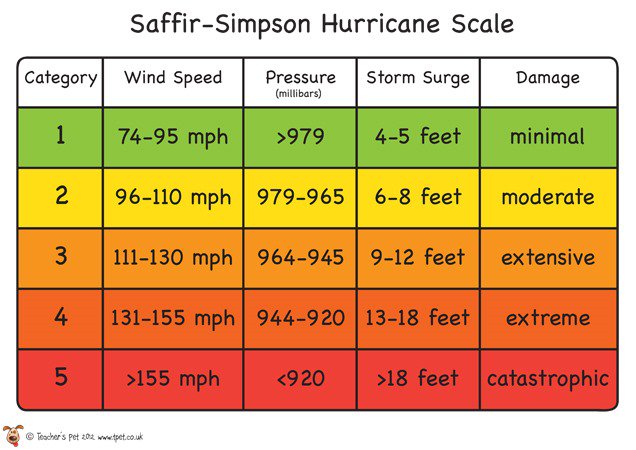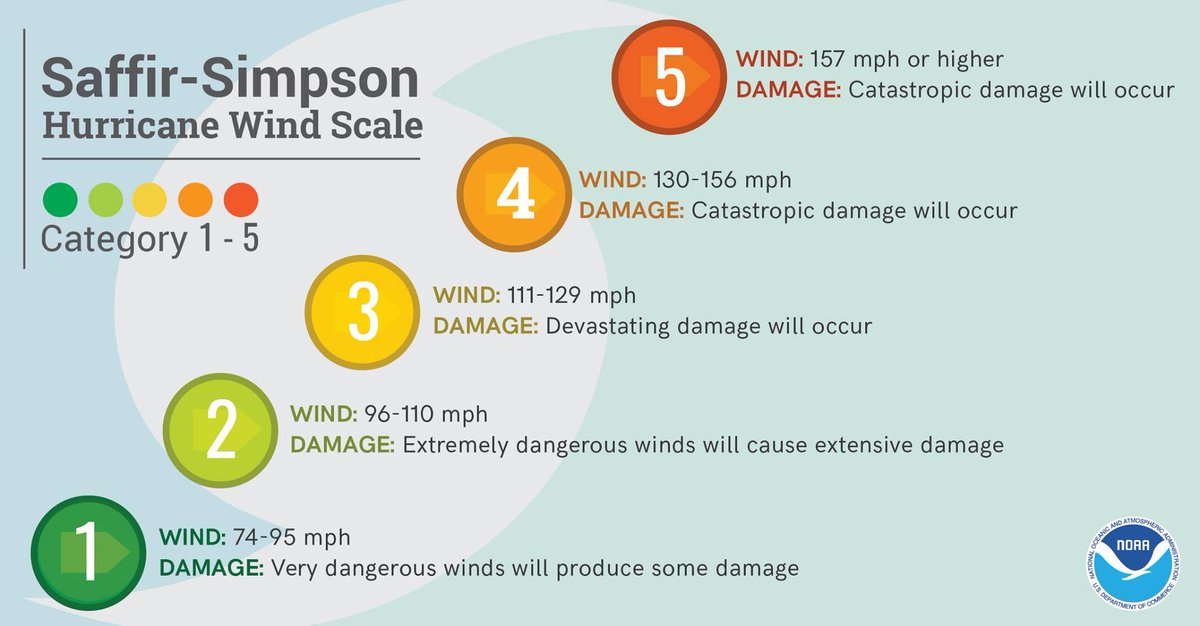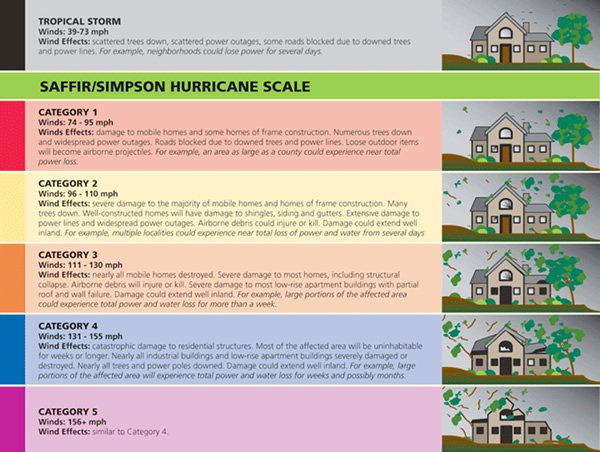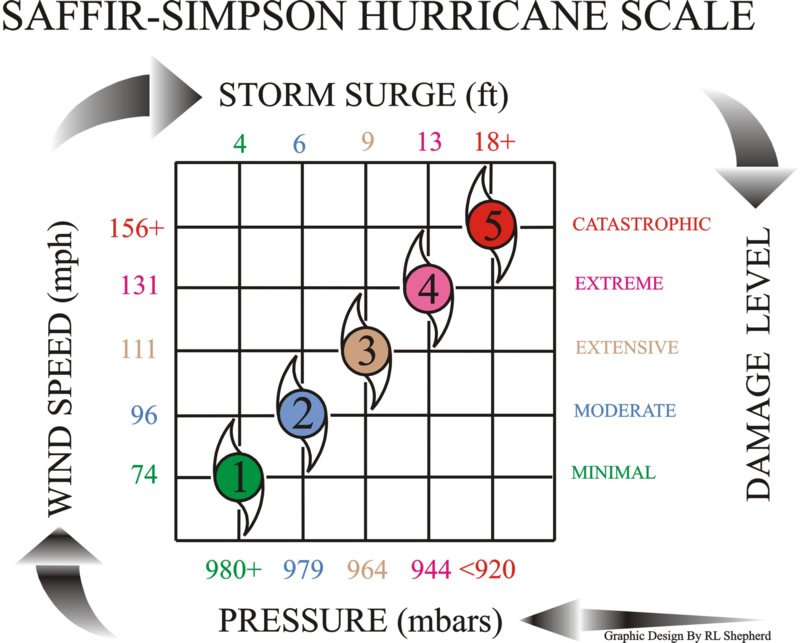So, what is the current "consensus" among hurricane scientists?
It's right here: gfdl.noaa.gov/global-warming…
It is not the year 2100 and you should not take climate model output from 80-years in the future as the proof of a "signal" you are seeing today.
The changes in the 22nd Century are a long ways off.
However, since the 1940s we have aircraft recon and then satellites came along in the past 50-years.
We also have good records of U.S. landfalls.
Is this climate signal due to human-induced CO2 global warming? --> attribution
Framework: you should satisfy both.
What about more hurricanes ... more intense ... wetter ... or slower moving?
With #Dorian, focus is obviously upon the "stalling" over the Bahamas.
Did climate change have an impact upon this?
insideclimatenews.org/news/03092019/…
However, the rainfall will add up over a small area.
Two Category 5s in consecutive years -- slow vs. fast movement.
You need a disturbance (usually an African Easterly Wave).
You need weak vertical wind shear.
You need instability + moist air.
The answers -- or lack thereof -- will not satisfy most people. It's a mixed bag replete with uncertainty and caveats.
Some scientists are way too eager to make (tenuous) connections between hurricanes and climate change.
The media tends to amplify those voices.
nytimes.com/2019/09/03/opi…
The capable author read the 4th National Climate Assessment report, collected some data, and then presented the results.
Does this effort reflect the current scientific consensus?
"The frequency of severe hurricanes in the Atlantic Ocean has roughly doubled over the last two decades, & climate change appears to be the reason. Yet much of the conversation about Hurricane Dorian — including most media coverage — ignores climate change."
"Intense hurricanes like Dorian produce 1,000 times more damage – and they're becoming more common"
cbsnews.com/news/hurricane…
Let's look at the evidence in here:

The dots are connected between recent Category 5's and climate change.
Like the NY Times article, is it really this simple?

"The lazy assertion that Hurricane Dorian is caused by climate change"
blogs.spectator.co.uk/2019/09/the-la…

"Human-caused climate change is visibly intensifying hurricanes and increasing the damage they are doing"

"Dorian stalling is consistent with the long-term trend driven by climate change,” said Jeff Nesbit, executive director of Climate Nexus and author of “This Is the Way the World Ends.”
cnbc.com/2019/09/03/hur…
nytimes.com/2019/09/03/cli…
The framing is more "evidence for" with Hayhoe and Francis, but includes some helpful balance from an actual hurricane scientist.




















